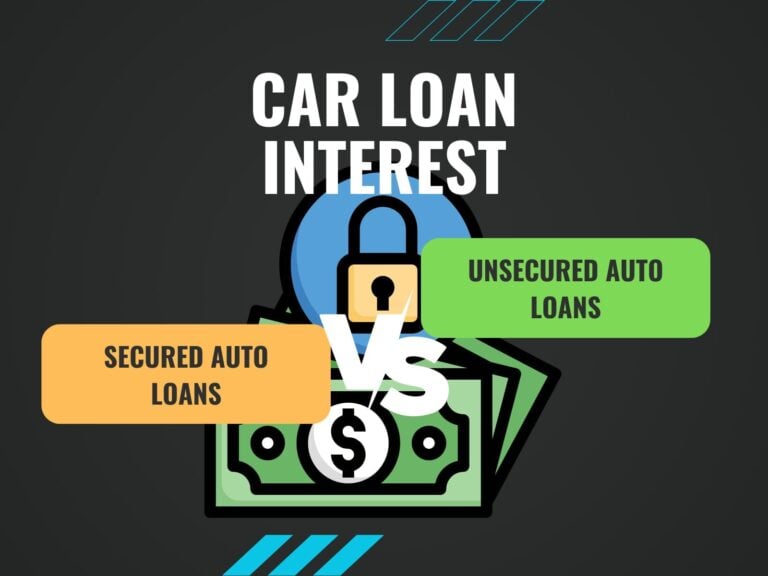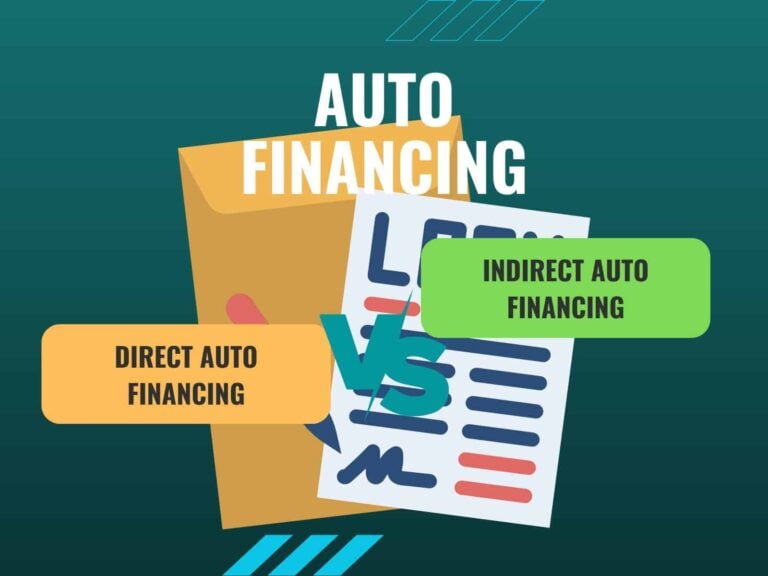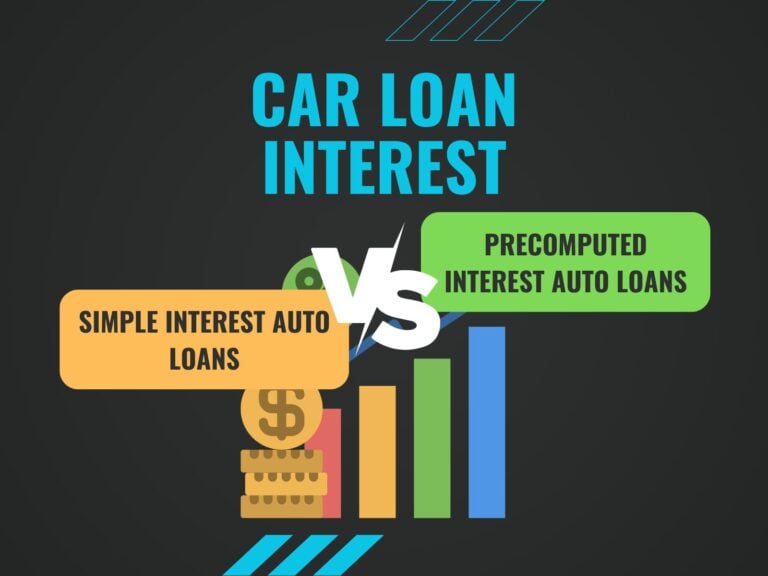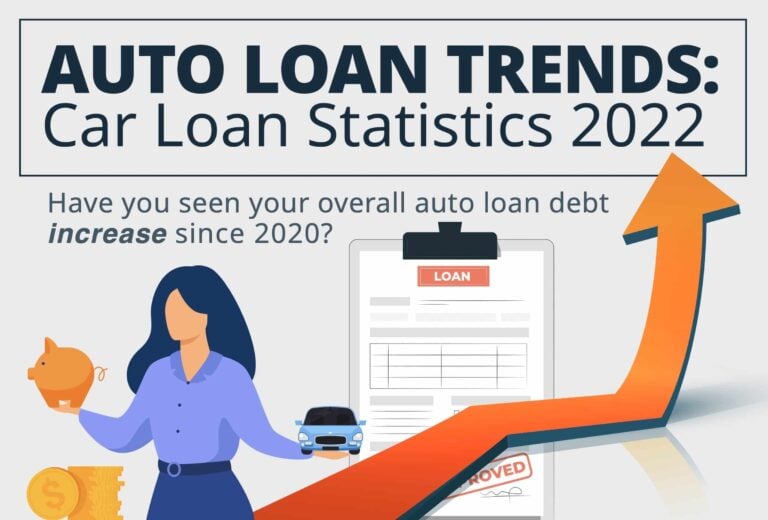Florida Debt Settlement
The state of Florida, with approximately 21 million residents, includes the third highest population within the United States, while covering an area of 65,755 square miles that places it only 22nd in terms of geographic size. Accordingly, the Sunshine State is densely populated, ranking eighth nationally in terms of population density.
Florida also ranks first in percentage of its population who are senior citizens – 17% of Florida residents are over the age of sixty-five. Meantime the Florida economy is one of the country’s strongest, generating a gross state product of $926 billion, driven primarily by tourism, healthcare, and construction.

This figure places Florida fourth in the United States – and would rank it within the Top 20 countries in the world. However, despite the vigor of the Florida economy, its median household income level of $50,860 is almost 12% lower than the national median household income level of $57,617.
Florida Economic and Debt Statistics
According to the Bureau of Labor Statistics, Florida’s unemployment rate stood at 3.9% as of January 2018, slightly lower than the national unemployment rate of 4.1%. Florida residents tend to carry higher amounts of credit card debt than do citizens of many other states, checking in at an average level of $6,887 – seventeenth in the nation and 21% greater than the national average of $5,700. Meantime, compared with the 2017 nationwide average FICO score of 695, the typical Florida resident’s 2017 FICO score registered notably lower at 669, ranking 32nd in the nation. Furthermore, 17% of Florida citizens demonstrated a declining credit situation in 2017, as evidenced by a credit card bill that was 60 days or more overdue.
Florida Economic and Debt Statistics
According to the St. Louis Fed, as of March 2018, the Florida home ownership rate checked in at 64%, right in line with the national average, while a recent Experian report shows average mortgage debt level rose to $183,016, an increase of 2.5% compared to 2016. Florida’s modest year-over-year increase in average mortgage debt level is among the lowest in the country, and when compared to 2007, Florida’s average mortgage debt level has actually declined 2.6%.
Regarding student loans, data compiled at the end of 2017 indicates that the average level of student loan debt for Florida college graduates stood at $12,900 – almost 25% less than the national average of $17,126. In 2017, 53% of Florida college students graduated with a student loan balance (47% of graduates had zero borrowings), leading to an average level of student loan debt for Florida student borrowers of $23,379, ranking Florida 46th nationally.
The State of Florida
The state of Florida, with approximately 21 million residents, includes the third highest population within the United States, while covering an area of 65,755 square miles that places it only 22nd in terms of geographic size. Accordingly, the Sunshine State is densely populated, ranking eighth nationally in terms of population density. Florida also ranks first in percentage of its population who are senior citizens – 17% of Florida residents are over the age of sixty-five. Meantime the Florida economy is one of the country’s strongest, generating a gross state product of $926 billion, driven primarily by tourism, healthcare, and construction.
This figure places Florida fourth in the United States – and would rank it within the Top 20 countries in the world. However, despite the vigor of the Florida economy, its median household income level of $50,860 is almost 12% lower than the national median household income level of $57,617. In fact, a recent study from early 2017 indicates that approximately 73% of American consumers actually die in debt! (Source)
If you’ve got a debt problem, don’t take it with you to the grave. There is no better time than the present to start acting upon your debt problem. With proper planning, guidance and dedication, you can find your way out of debt.
Florida Residents and Debt Settlement
If you are a resident of Florida and are currently burdened by high levels of unsecured debt – including credit card accounts, private student loans, unpaid medical bills and personal loans – the process of pursuing debt settlement may make sense for you. Debt settlement occurs when a debtor successfully negotiates a payoff amount for less than the total balance owed on a debt.
This lower amount is agreed to by the creditor or collection agency and is fully documented in writing. Ideally, this lower negotiated amount is paid off in one lump sum, but it can be paid off over time. Though creditors are under no legal obligation to accept debt settlement offers, negotiating and paying lower amounts to settle debts is far more common than many people realize.


Florida Consumer Debt Laws
Credit Card companies and other creditors are permitted to contact Florida residents directly regarding debts, particularly in a situation involving delinquent payments. However, debt collection agencies are required to comply with the the Federal Fair Debt Collection Practices Act (FDCPA), and are therefore prohibited from taking certain actions. Under the FDCPA, collection agencies are prohibited from informing employers about a debt or attempting to collect a fee in excess of any debt owed.
Debt collection agencies are also prohibited from communicating in a manner that simulates a judicial process or gives the appearance of a governmental action. Additionally, debt collection agencies are prohibited from contacting debtors or debtor family members at unusual hours or with a frequency that may be reasonably construed under the law as harassment or abuse. Unfortunately, unlike other states such as California and Texas, Florida does not supplement the FDCPA with its own state-mandated fair debt collection practice act, and therefore leaves its residents somewhat vulnerable to predatory collections practices by original creditors.
Florida Statute of Limitations on Debt Collection
When sufficient time passes in a situation in which consumer debts have gone unpaid, a debt collector can lose the legal right to sue for non-payment. In the state of Florida, the statute of limitations on debt collection will vary according to the type of debt involved. For a contract, written instrument, or mortgage foreclosure, the statute of limitations is five years.
For debts involving revolving accounts, credit cards, and oral agreements, the statute of limitations is four years. For either time period, the clock begins ticking from the “date of default,” which is typically thirty days after the last payment was actually made. When debts remain unpaid prior to the statute time period elapsing in full, creditors maintain legal right to sue you for non-payment and are permitted to engage debt collection agencies who can make persistent attempts at collection – provided they remain within the bounds of the FDCPA.

Debt Settlement - Do It Yourself?
Getting out of debt is never an easy process. If debt settlement is the right avenue for you to pursue, be honest with yourself. Decide whether you possess the background, strength and fortitude to negotiate directly with creditors yourself – or whether engaging the services of an experienced and reputable debt settlement company will serve your needs best.
Remember, the goal is to save the greatest amount of money and time while minimizing any ensuing damage to your credit score and profile. A reputable debt settlement company will provide a realistic estimate and time frame for making offers to your creditors that can ultimately result in settlements that save you significant amounts of money, time, and aggravation. Contact us here at United Settlement, where our experienced credit counselors possess relationships with the major credit card lenders and a broad understanding of the debt marketplace. We can help you navigate these waters successfully.
Debt Resources & Additional Reading
Florida Debt Settlement FAQ
Yes, if you are a Florida resident and are currently burdened by high levels of unsecured debt – including credit card accounts, personal loans, unpaid medical bills and private student loans, United Settlement can assist you with the process of pursuing debt settlement. Debt settlement occurs when a debtor successfully negotiates a payoff amount for less than the total balance owed on a debt. Contact us here at United Settlement, where our experienced credit counselors possess relationships with the major credit card lenders and a broad understanding of the debt marketplace. We can help you achieve the peace of mind that comes with living a debt-free lifestyle.
According to the Florida bar, debtors cannot go to jail for failure to pay a debt or judgment. However, the state can report adverse repayment activity to the three major credit bureaus (Experian, Equifax and TransUnion) resulting in damage to a credit score and profile.
Additional Related Insights & Articles







Debt Relief Reviews

Ready To Get Started?
See if you qualify for debt relief. Get a Free savings estimate to see how quickly you can be debt free.
Embrace financial freedom with our tailored solutions, expert guidance, and unwavering commitment to your success.
Experienced Professionals
Our experienced team has helped thousands of clients successfully eliminate debt and regain financial freedom.
Customized Solutions
We know every financial situation is different, so we design personalized debt relief plans to fit your specific needs and goals.
High Success Rate
Our proven debt relief strategies deliver real results. With a strong track record of success, we help clients achieve lasting financial stability.
Confidential Consultation
Your privacy is our priority. All debt relief consultations are 100% confidential and handled with the highest level of discretion.



